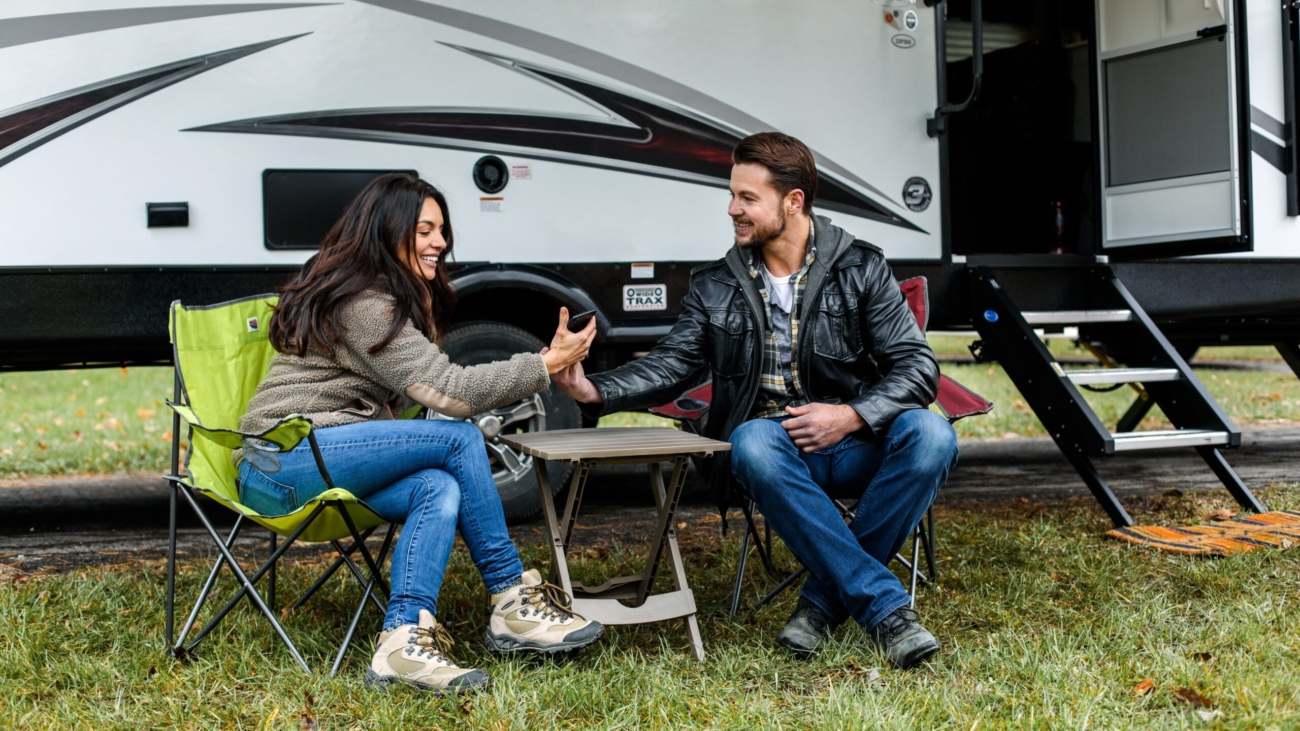Are you ready to hit the open road and explore all that this great nation has to offer? Retirement is the perfect time to make your travel dreams come true, and what better way to do it than with an RV trip! Whether you’re a seasoned traveler or a newbie, planning your first RV trip can be both exciting and overwhelming. But fear not – we’ve got some tips to help make your retirement dreams come true on the ultimate road trip adventure. So buckle up, grab your map (or GPS), and let’s dive in!
Introduction to Road Trips and RV Adventures
RV road trips are the perfect way to see the country and experience new things. They’re also a great way to bond with friends or family. If you’re planning your first RV trip, there are a few things you should know. First, you’ll need to decide what kind of RV you want to rent or buy. There are many different types of RVs, from small campers to large luxury motorhomes.
Once you’ve decided on the right RV for your trip, you’ll need to plan your route. If you’re not sure where to start, there are plenty of resources available to help you plan the perfect road trip. Once you have your route planned, it’s time to start packing. Be sure to pack essentials like food, water, and clothing, as well as any camping gear you might need.
Basics of Planning an RV Trip
Here are a few tips to help you plan your first RV trip:
1. Choose your destination: The great thing about traveling in an RV is that you can go pretty much anywhere you want. There are campgrounds and RV parks all over the country, so take some time to research where you’d like to go. Consider things like weather, attractions, and amenities when choosing your destination.
2. Plan your route: Once you know where you’re going, it’s time to start planning your route. If you’re not familiar with the area, a good resource is a map of the United States that shows all of the major highways. You can also use online mapping tools like Google Maps to help plan your route. Just be sure to factor in things like rest stops, gas stations, and overnight camping spots.
3. Make reservations: Once you have your route planned out, it’s time to start making reservations for campsites and RV parks. This is especially important if you’re traveling during peak season or holidays. Be sure to call ahead and reserve a spot at your chosen destination.
What you Should Pack for a Road Trip in an RV
Packing for a road trip in an RV can be a bit different than packing for a traditional road trip. Here are a few things to keep in mind when packing for your RV trip: -Clothing: You’ll want to pack clothing that is comfortable and easy to care for. Remember, you’ll be spending a lot of time in your RV, so you’ll want clothes that won’t make you too hot or too cold.
-Shoes: Pack a variety of shoes, including sneakers, sandals, and closed-toe shoes. You’ll want shoes that are comfortable for walking and for being in the RV.
-Toiletries: Don’t forget to pack your toiletries! This includes items like soap, shampoo, toothpaste, and toilet paper.
-Food: Of course, you’ll need to food on your road trip! Pack non-perishable items that are easy to prepare.
What Kinds of RV Accessories Make the Journey More Comfortable?
RVing is all about comfort. And while the RV itself offers a comfortable home away from home, there are plenty of accessories that can make the journey even more comfortable. Here are just a few ideas:
– Awnings: An RV awning can provide much-needed shade on hot days, as well as protection from rain and sun.
– Camp chairs: A good camp chair can make all the difference when it comes to relaxing at your campsite. Be sure to choose one that’s comfortable and durable.
– Sleeping bags: If you plan on doing any camping, sleeping bags are an absolute must. Choose ones that are rated for the temperature range you’ll be encountering on your trip.
Finding Campsites and Stops Along The Way
When you finally take the leap into retirement, it’s time to start living your best life. For many, that includes packing up an RV and hitting the open road. If you’re planning your first RV trip, there are a few things you need to know to make sure it’s a success.
One of the most important things to consider when planning your RV trip is where you’re going to stay. You have a few options when it comes to finding campsites and stops along the way. If you don’t need hookups or if you’re looking for a more rustic experience, there are plenty of other options for finding campsites. National and state parks are always great places to look for camping spots. Dispersed camping is another option if you don’t mind being off the grid for a bit. This involves finding your own spot to camp on public land away from developed campgrounds.
Tips on How to Stay Safe on the Road
RV travel is a great way to see the country and spend time with family and friends, but it’s important to stay safe on the road. Here are some tips to help you stay safe while RVing:
• Plan your route in advance. Map out your route and plan for rest stops, gas stations, and overnight camping spots. This will help you stay on track and avoid getting lost.
• Drive during daylight hours. If possible, avoid driving at night. This will help you see potential hazards on the road and react more quickly if necessary.
• Be aware of your surroundings. When driving, always be aware of what’s going on around you. Keep an eye out for other vehicles, pedestrians, animals, and anything else that could potentially cause a problem.
Conclusion
Planning your first RV trip is a great way to get started on making your retirement dreams come true. With the right planning, you can make sure that you have an unforgettable adventure with no unexpected surprises along the way. Whether it’s for business or pleasure, checking out campgrounds and researching your route are essential steps in getting the most out of your RV road trips. By following some simple tips and doing a bit of research ahead of time, you can ensure that your first RV experience will be one of many fantastic ones to come!

